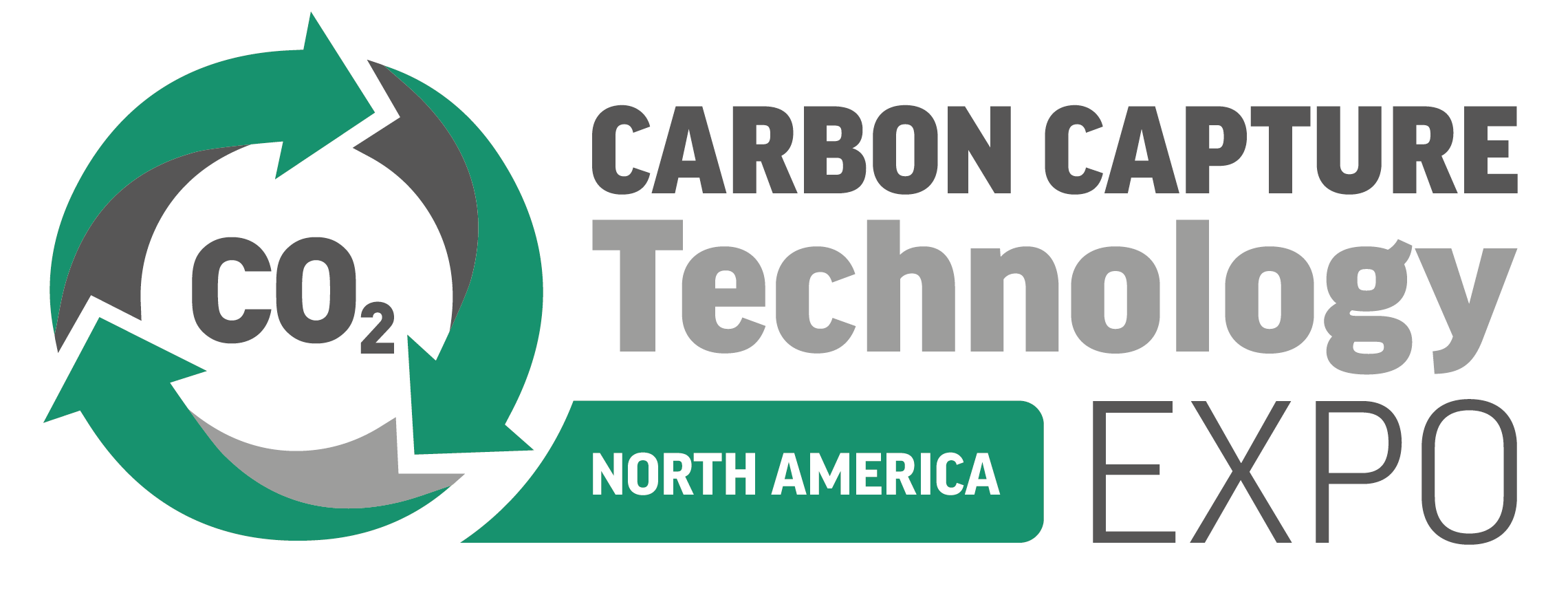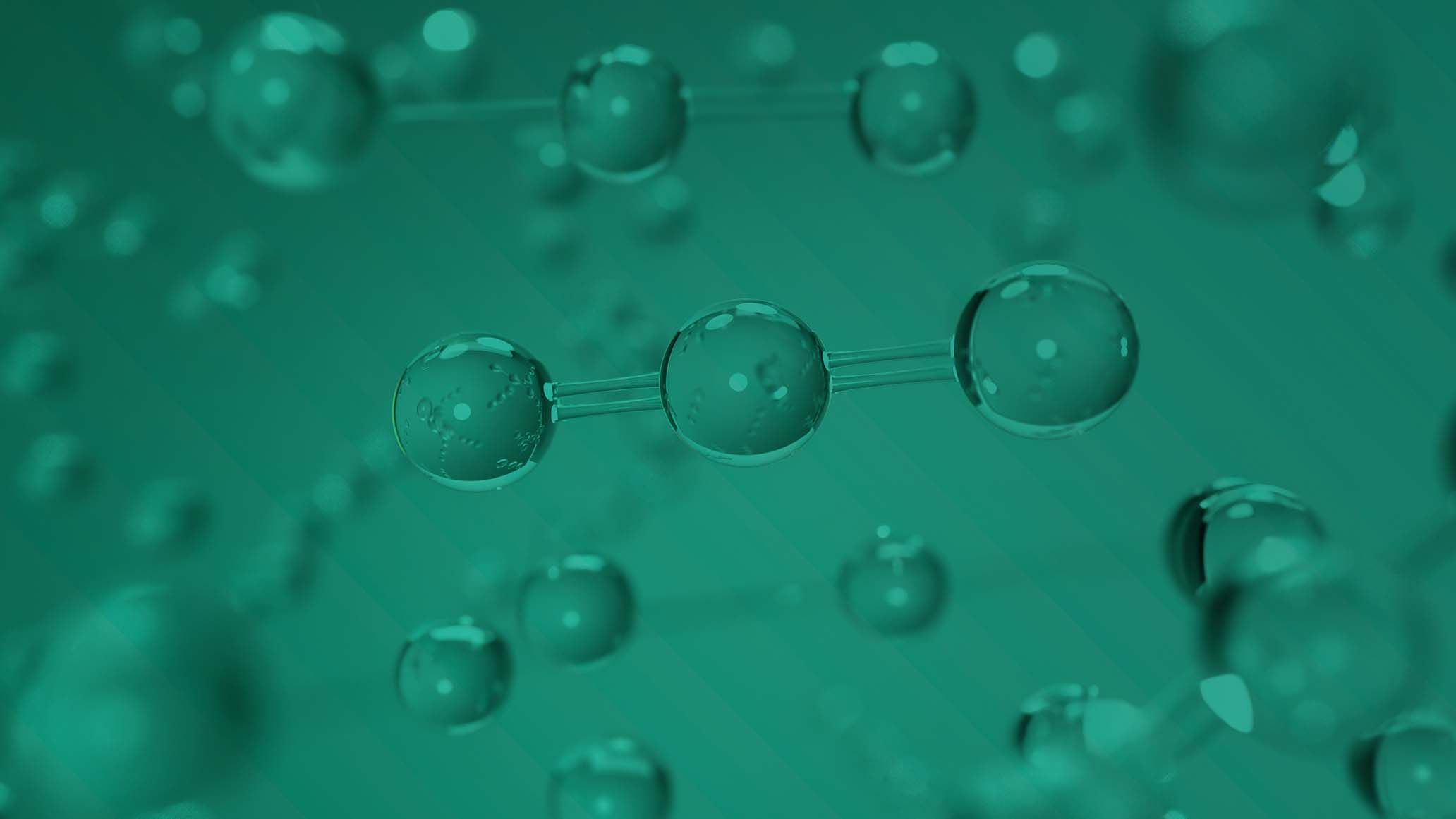EU Commission has agreed to supply various energy infrastructure projects with shares of almost six hundred million euros
)
Eight cross-border energy infrastructure projects which were promoted to the status of Projects of Common Interest in 2022, have been awarded a share of 594 million euros. This award has been granted from the Connecting Europe Facility (CEF), which is part of The Commission.
This investment was set up as part of the EU’s focus on decarbonising the energy system, as well as achieving greenhouse gas emission reductions. This focus is part of the EU’s wider efforts to reach the reduction targets which have been set up in the European Green Deal.
The projects to receive this funding, are several carbon dioxide projects. These include up to 189 million euros going to D’Artagnan, which is a Co2 export hub in the port of Dunkirk, France. Another project which received 157 million euros, was a Co2 infrastructure in the port of Rotterdam (Netherlands), this structure includes an import terminal and 200 km of undersea trunkline. Gabreta smart grids project, based between Czechia and Germany will receive one hundred million euros. The project which is dedicated to reinforcing the Lonny- Achêne-Gramme electricity interconnector between France and Belgium, has received 1.22 million euros. The Depomures natural gas storage facility in Romania will now be able to increase its working capacity, through the funding it will be awarded of 12.77 million euros. This funding will not only allow it to increase its capacity, but will also allow it to contribute to the region’s security of supply. A final project, the EU CCS Interconnector, which is a Co2 infrastructure project in Gdansk, based in Poland was awarded 2.54 million euros.
A final investment to the Northern Lights initiative, which is a cross-border project that links carbon capture initiatives in several EU Member States and Norway. This investment consists of 131 million euros. All the projects that have received the investment have all been strategically chosen, as they all have the ability to or already are supporting the creation of an EU-wide carbon value chain. This quality is especially important within these projects, as the Commission is currently developing a new strategy on industrial carbon management contributions, which will ultimately go towards the EU’s drive towards achieving its climate goals.



)
)
)
)
)
)



)
)

)

)
)
)

)
)
)
)
)
)
)
)
)
)
)
)
)
)

)
)

)
)
)
)
)
)
)
)

)
)
)

)
)
)
)
)

